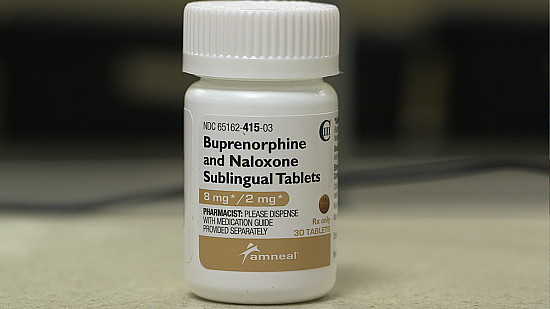Harvard Health Blog
Heavy drinking in middle age linked to memory loss in men

For some people, like those with an addiction, any amount of alcohol is too much. For others, drinking alcohol is something of a balancing act — a little may be healthful, while more than a little may be harmful.
In people who can physically, mentally, and emotionally tolerate alcohol, moderate drinking has been linked to lower risks of heart disease and type 2 diabetes. Moderate drinking means no more than two drinks a day for men; no more than one a day for women. Heavier drinking increases the risk of developing some cancers, heart disease, high blood pressure, cirrhosis, and alcohol dependence.
A new report in the journal Neurology highlights the dual effects of alcohol in men. As part of the Whitehall II study in Britain, researchers assessed the drinking habits of middle-aged men and women three times over a 10-year period. The study participants also took a mental skills test three times over the next 10 years. Compared with men who didn’t drink or who drank moderately, mental decline began to appear one to six years earlier in men who averaged more than 2.5 drinks a day. (There weren’t enough heavy drinkers among women to show any clear differences.)
What’s “a drink”?
Researchers and public health experts define a drink like this:
12 ounces of beer that is 5% alcohol
5 ounces of wine that is about 12% alcohol
1.5 ounces (a standard shot glass) of 80-proof spirits (about 40% alcohol).
You can see more definitions at Rethinking Drinking, a website from the , or try one of its cocktail calculators.
Aiming for healthy drinking
There seems to be a fine line between the amount of alcohol consumed and health benefits or harms. For example, even light to moderate alcohol use is associated with a higher risk of some cancers, such as breast cancer in women. According to the Neurology study, a similar pattern may be emerging between drinking and thinking skills.
How do you know if you are drinking too much? Several simple tests have been developed to help people gauge their drinking habits. One is the 4-question CAGE test, so called because of the first letters of the key word in each question. Another is the 10-question Alcohol Use Disorders Identification Test (AUDIT), developed by the World Health Organization. You can see both of these tests at /173.
If you’re concerned
A little advice and encouragement may help you figure out if your drinking follows a risky pattern and what to do about it. The source of advice could be your primary care doctor. Or the doctor might refer you to an alcoholism counselor.
This is not long-term therapy. It’s perhaps two or three discussions. The helper can ask you how much you are drinking and let you know how it compares with the norm. He or she might:
- Talk briefly about the consequences of more serious alcohol use.
- Provide a self-help manual or workbook.
- Suggest that you keep records of your drinking and choose a goal of cutting back or stopping completely.
About the Author

Howard E. LeWine, MD, Chief Medical Editor, Harvard Health Publishing; Editorial Advisory Board Member, Harvard Health Publishing
Disclaimer:
As a service to our readers, Harvard Health Publishing provides access to our library of archived content. Please note the date of last review or update on all articles.
No content on this site, regardless of date, should ever be used as a substitute for direct medical advice from your doctor or other qualified clinician.















